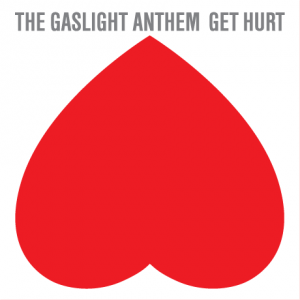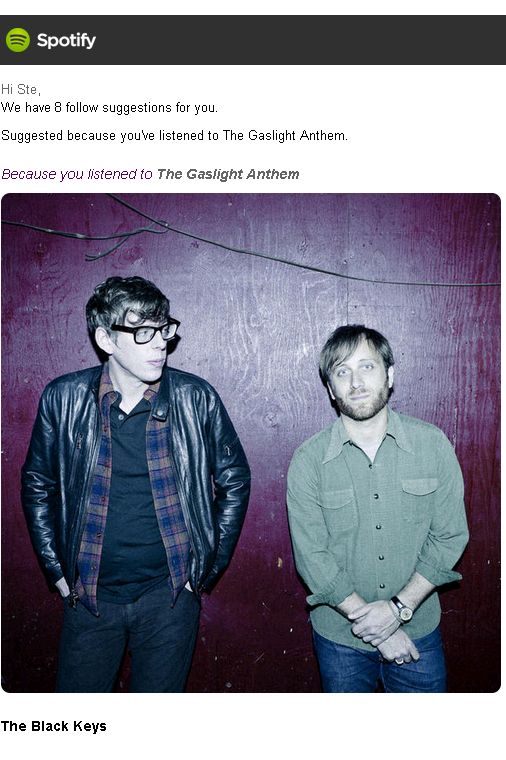Release dates have all but faded into music industry history, to my mind.
There was a time, probably not so long ago as it now feels,when I’d scour the release schedule – particularly at the start of a new year – to make a mental note of the artists lined up to deliver new music. 
Between increased productivity from bands, and the battered barriers to entry so unceremoniously torn down by the move online, there’s now so much music coming out that a scheduled release feels more like a formality for the artist than a foundation for the marketing campaign.
Two established bands both proved and rejected that hypothesis for me this week, as I completely overlooked a new release from Mastodon, yet took to Google to find the drop date for the next album from The Gaslight Anthem.
It’s the latter I’ll take a quick look at here, as the two advance singles – ‘Rollin’ & Tumblin‘ and ‘Get Hurt‘ – caught my attention on Spotify and did their job of piquing interest for the main release.
The Gaslight Anthem – ‘Get Hurt’
It’s a song I can listen to repeatedly. There’s a quiet beauty… some distant, vague longing… that lends the song a subtle but deep impact.
The lyrics aren’t exactly challenging, but the universal application of Brian Fallon’s laments is perhaps what makes ‘Get Hurt’ resonate so quickly. There’s an inevitability to lines like “I came to get hurt. Might as well do your worst to me.” The refrain speaks to all those times you committed to some course of action in full knowledge that it would probably end in heartache. There’s both comfort and contempt in that unerring alignment of our decisions and fate.
“And maybe you needed change. And maybe I was in the way.”
More than love, this relates to any important relationship. How often do we see the negative impact of our own selfishness too long after the fact? It’s a call to
And it brings us back to the music industry.
It has indeed changed, and our attachment to previous ways of working have been in the way for more than a decade. As much as I adore record stores and the memories of countless afternoons lost to browsing the bins, Millennials are largely confused by the concept. “But, I can get it all on my phone at home…?!” And there’s no argument against convenience.
When all’s said and done, even though my interest has been stoked by the pre-release activity, I’m still unlikely to buy the physical album. The game has changed. It’s an attention economy now and merely breaking through the noise to be spun and heard is an achievement.
Play the long game: attract ears, aim for spins on Spotify et al, and build lasting relationships with fans. We can still make memories with music, but it’s time to accept that far fewer of them will be through albums and physical releases.





